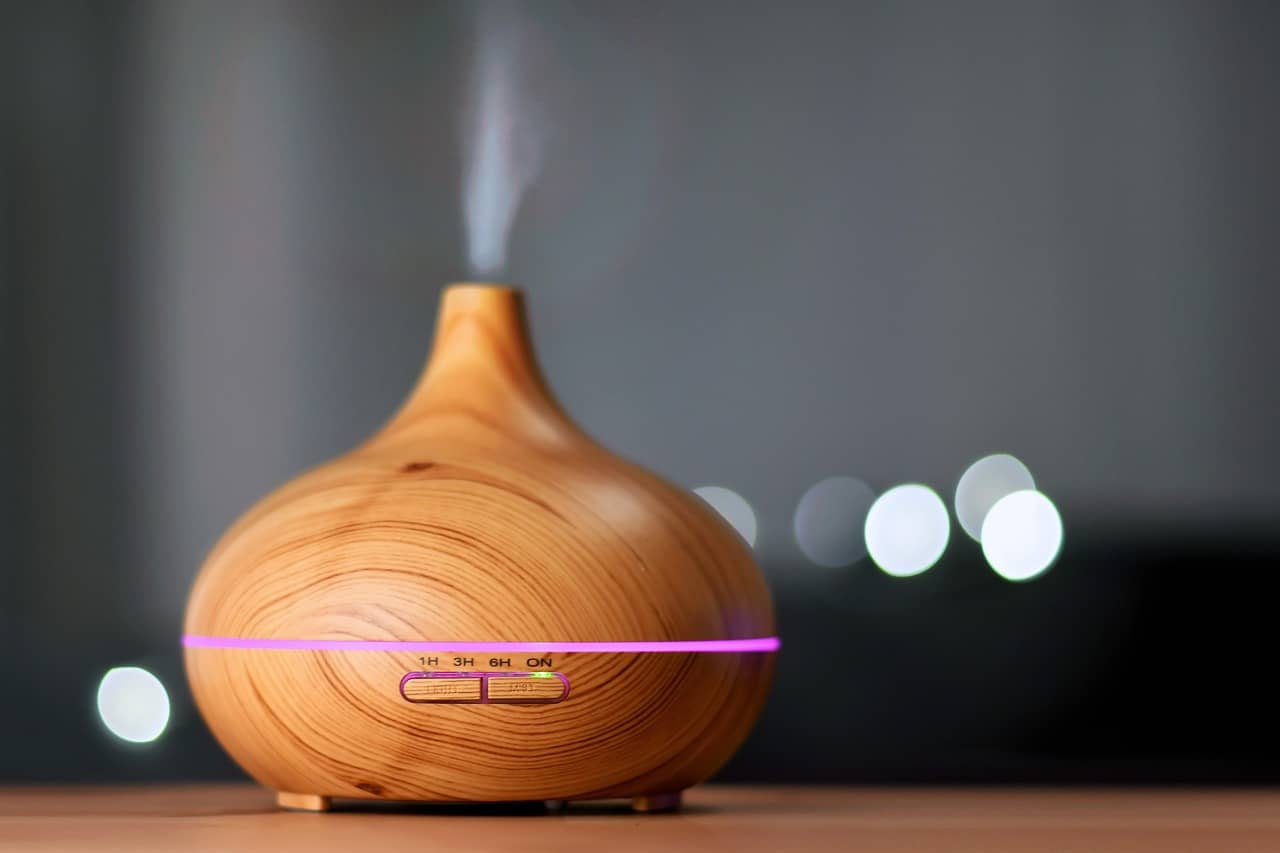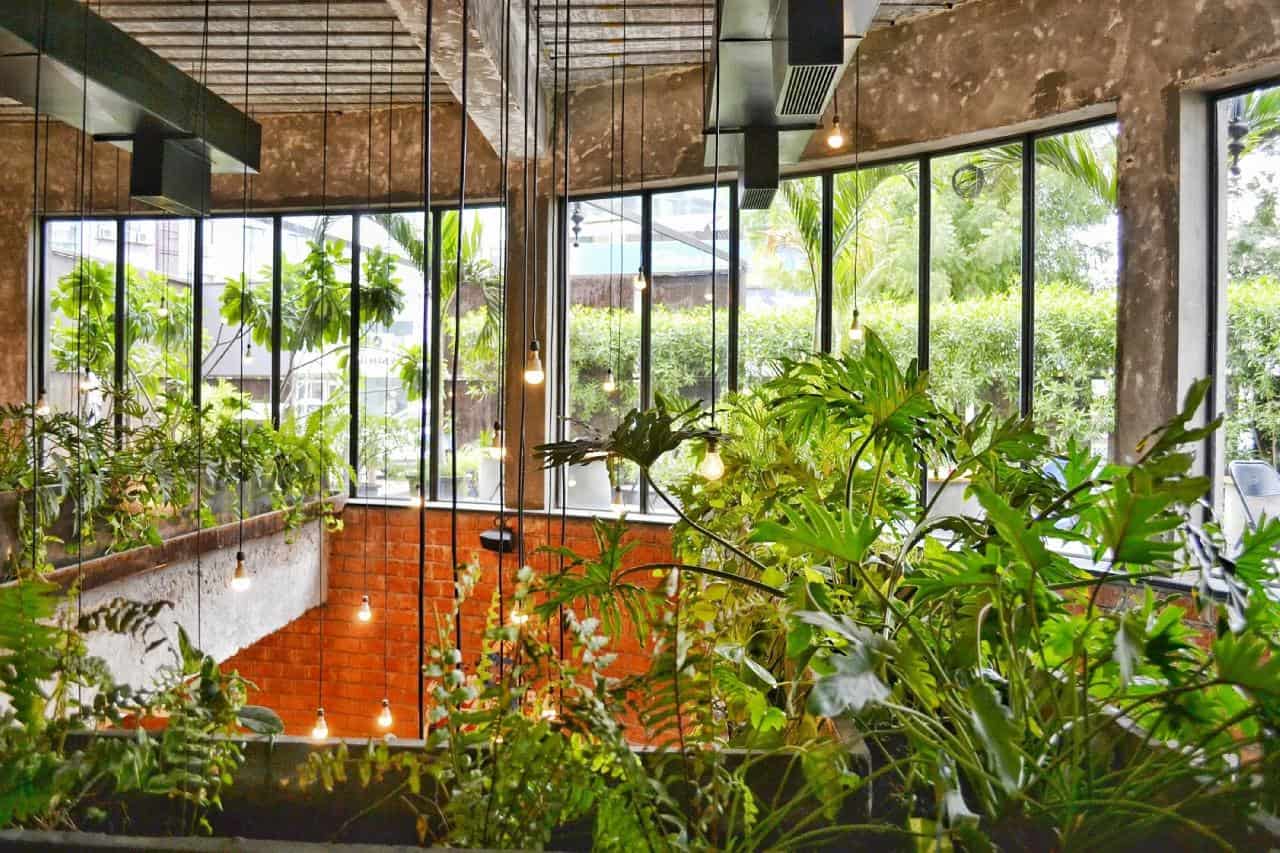Over 90% of people spend almost 22 hours indoors each day. This makes us question the quality of the air in our indoor environment.
Many homeowners opt for an air purifier or humidifier to help improve the condition of the air in their homes. These products work to reduce irritation caused by dry or polluted air.
Yet, there are many unique features when comparing the two devices. Read on for 5 key differences between an air purifier vs humidifier.
1. Purifiers Remove Air Pollutants
An air purifier works to clean the air of an indoor environment. It removes toxins, allergens, and other harmful pollutants. They are different from a humidifier in that these do not remove any contaminants from the air.
The main air purifier benefits are that they provide a healthier quality of air. The best models can remove as much as 99.97% of particles from the air.
This includes smoke, smog, and mold spores. Air purifiers can also target dust, pollen, bacteria, and pet dander in the air. They are helpful for homes located in areas that experience nearby wildfires as well.
Air purifiers are ideal for those with common allergies or asthma. Using this product results in the air becoming less irritating for the lungs, throat, and eyes. Most models recommend running a purifier throughout the day for the best results.
2. Humidifiers Add Moisture to the Air
Unlike purifiers, humidifiers increase moisture within the air. They are ideal during winter or times when your air is extra dry and stuffy.
Dry air can cause a sore throat and stuffy nose for many otherwise healthy people. Humidifiers can also help provide relief from certain health conditions.
Many people use a humidifier for sinus or respiratory issues. They can also help provide relief for people with asthma. Yet, a purifier tends to do this better by removing irritating particles from the air.
Humidifiers help reduce nose bleeds and an irritated throat. They can improve dry hair, eyes, and skin. They reduce dry air conditions that cause lethargy, dizziness, and headaches as well.
Using a humidifier while you sleep may be able to prevent snoring. Humidifiers also create a lower level of static electricity in a home environment.
It’s recommended for your home’s humidity levels to be at about 30% to 50%. Homes that are too dry not only provoke certain health conditions. Yet, they can also cause damage to furniture, artwork, and flooring in the home.
Humidifiers should run 24 hours a day. Yet, you will want to keep an eye on humidity levels. If they begin to creep over 50% the humidifier may shut off or you can manually turn it off.
3. Purifiers Use Powerful Filters
Most purifiers work off of one or more filters. These help to trap pollutants and remove them from your air.
Depending on the model, you’ll need to change filters every so often. This averages about every 3 to 6 months depending on the filter type. Some filters can be washed and reused as needed.
HEPA filters are a popular choice for most homeowners. These work to capture the smallest of particles in the home.
Activated carbon or charcoal filters are other options for air purifiers. There are also purifiers that use UV light technology to further remove particles.
Depending on the purifier size, you may need one in each room of the home. It’s also possible to install a full home air purifier. These connect into your HVAC system and clean the air for the entire home.
A humidifier air purifier system may also use filters. Yet, not all of these work to trap contaminants.
4. Humidifiers Use Water Vapor
Humidifiers work by pushing water vapor or mist out into the air. They use a reservoir system to hold water. This needs to be refilled to keep moist air running through the home.
Another main difference between humidifier and vaporizer models is maintenance. You will also need to clean and maintain the inside of your humidifier. It’s best to do a full deep cleaning once a week.
Many parents choose to add a humidifier to their baby’s room in the winter months. These nursery-safe humidifiers use a cool-mist feature.
It is safe for the baby to breathe in the water vapor. These humidifiers make breathing easier when the home is dry due to the heat always being turned on.
It’s important to only use a humidifier in a dry climate. Using it in an already humid climate may promote mildew and mold growth. This tends to happen when humidity levels reach higher than 60%.
5. Purifiers Can Make Your Indoor Air Smell Better
Purifiers help remove odors caused by cooking, smoke, mold, or indoor pets. Operating them all day results in fresher smelling and less stale air for the home. Activated carbon filters are best for targeted odors in the home.
But…what if you want fresh smelling, clean, and non-dry air in your home?
No rule states you have to choose between an air purifier vs humidifier. Most homes can benefit from using both an air purifier and humidifier, or combo model. This way you get the benefits of both units for the best possible air quality.
The Final Decision: The Air Purifier vs Humidifier
There are many differences between an air purifier vs humidifier. A purifier helps to remove toxins and other irritants from the air. While a humidifier works to add moisture to a dry indoor environment.
Both units can help benefit your health and wellbeing, depending on your home’s needs. Some homeowners find the best air quality by using a combination of the two devices.
Looking for more expert tips on maintaining the health of your home? Subscribe to our newsletter for all the latest advice.
Discover more from Futurist Architecture
Subscribe to get the latest posts sent to your email.




